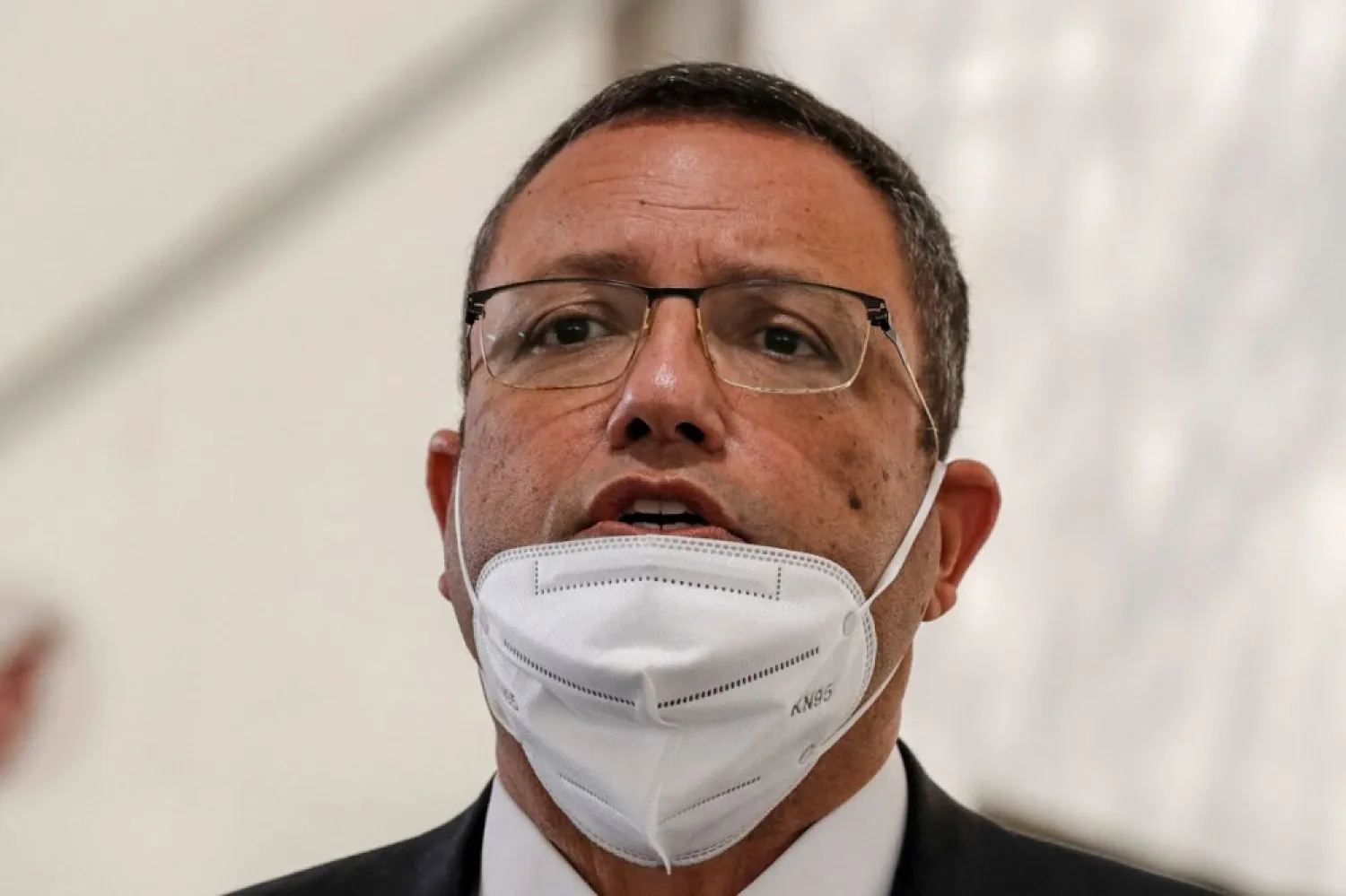Jerusalem’s mayor dismissed media speculation on Tuesday that a US consulate for Palestinians in the city would be denied municipal services if the Biden administration reopens it despite Israeli opposition.
The rightist mayor, Moshe Lion, also said Washington’s plan to reverse the Trump administration’s subsuming of the consulate into the US Embassy that was moved to Jerusalem from Tel Aviv in 2018 did not appear to be close to implementation.
US Secretary of State Antony Blinken this month reiterated the plan to reopen the consulate as part of efforts to rebuild ties with the Palestinians but gave no timeline.
Asked on Israel’s Army Radio whether the municipality might consider cutting off water or power to a future consulate, or refusing to collect its rubbish, Lion said: “No way ... There is no such intention.”
“Wherever the municipality has to provide services, it will provide services,” he said. “One has to provide this by law, and there is no reason not to do so.”
The consulate had long been a base for diplomatic outreach to the Palestinians before it was closed by US President Joe Biden’s predecessor, Donald Trump.
Palestinians want the city’s east for their own future, hoped-for state. Israel deems all Jerusalem its capital alone, and says reopening the consulate could signal partition and weaken nationalist Prime Minister Naftali Bennett’s coalition.
“I very much hope that the diplomatic officials, the government of Israel, will prevent the establishment of this consulate,” Lion said. “I think that is what is happening right now. I don’t think we are on very high stand-by for this (consulate) getting built.”









